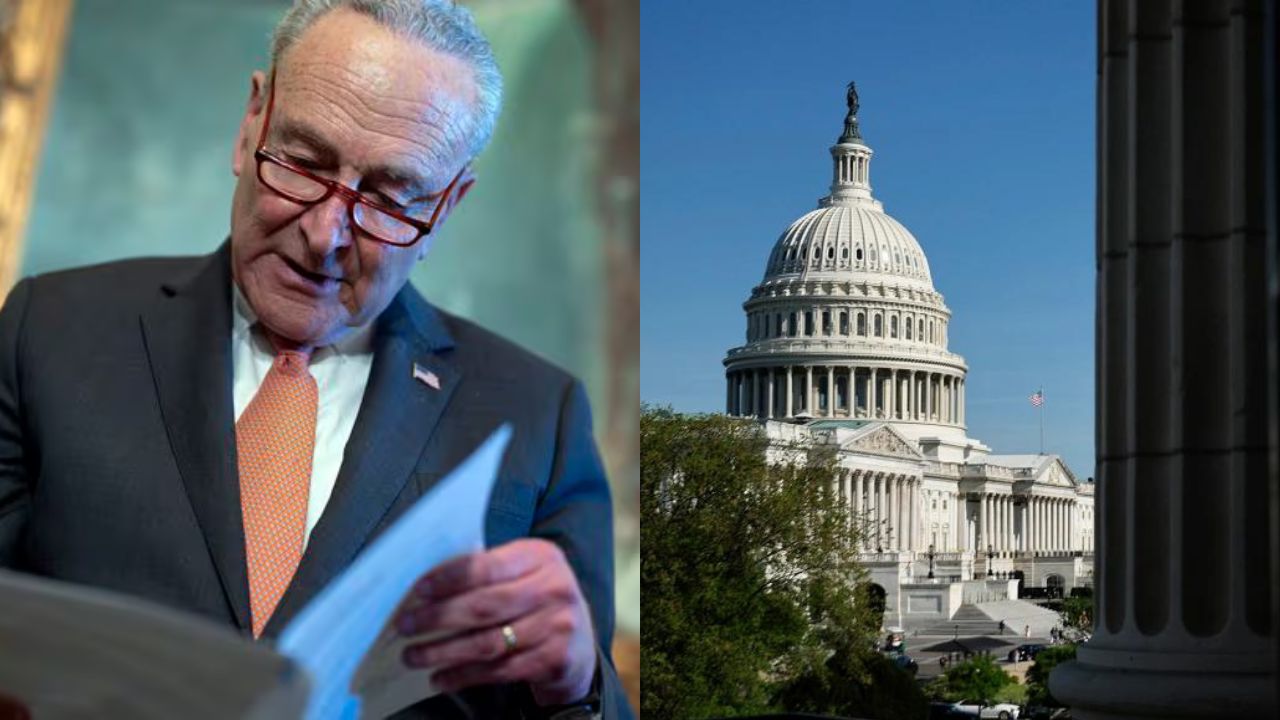The Senate has passed a bill to renew a crucial surveillance tool, described by the U.S. government as essential in the fight against terrorism, despite opposition from civil liberties advocates on both sides of the political spectrum. The vote, with a tally of 60-34, advances the bill to President Joe Biden, who has been a vocal supporter of the measure. This legislation extends Section 702 of the Foreign Intelligence Surveillance Act (FISA) for an additional two years.
Following the Senate’s rejection of six proposed amendments from progressive and conservative senators seeking to limit the scope of surveillance and safeguard civil liberties, the final vote was reached. The Biden administration and proponents of FISA had cautioned that even a brief lapse in authorization could severely impact intelligence gathering.
Although the Senate narrowly missed the midnight deadline to reauthorize FISA Section 702, they voted to renew it shortly thereafter. Any adoption of amendments would have necessitated sending the bill back to the House, potentially causing a significant delay in the law’s continuity.
“In the nick of time, bipartisanship has prevailed here in the Senate,” remarked Senate Majority Leader Chuck Schumer, D-N.Y.
“It wasn’t an easy journey; there were diverse opinions. But one thing is clear: allowing FISA to expire would have posed serious risks. It’s integral to our national security efforts, combating terrorism, drug trafficking, and violent extremism,” Schumer emphasized on the Senate floor. “I extend my gratitude to all my Senate colleagues from both sides of the aisle for their dedication in seeing this through.”
Last week, the House passed a two-year FISA renewal, narrowly defeating an amendment that aimed to mandate a warrant for accessing communications of Americans within data collected during foreign surveillance. Senate deliberations were prolonged as members sought amendments to alter the bill.
The bill’s approval followed a contentious standoff between the U.S. intelligence community and an unconventional alliance of progressive and conservative civil liberties advocates. They contended that the surveillance powers were overly broad and encroached upon Americans’ privacy rights.
“Understanding the significance of this bill is essential,” stressed Sen. Ron Wyden, D-Ore., a member of the Intelligence Committee and staunch advocate for privacy rights. “A last-minute addition essentially mandates individuals, such as cable technicians, to act as government spies, with no avenue for appeal.”
In a rare divergence from Schumer and Biden, Sen. Patty Murray, D-Wash., the president pro tempore, opposed the bill, expressing, “I have significant concerns that expanding FISA Section 702 authorities could lead to increased misuse and infringement on Americans’ rights at home.”
Senate Intelligence Committee Chair Mark Warner, D-Va., contested such critiques and defended a House amendment incorporated into the FISA reauthorization bill, asserting that it “addresses a specific intelligence gap.” However, skeptics like Wyden fear potential abuses.
“Contrary to assertions, it explicitly excludes venues such as coffee shops, bars, residences, and others,” Warner clarified on the Senate floor. “It categorically does not compel, as some critics suggest, individuals like janitors in Northern Virginia to spy for the intelligence community.”

